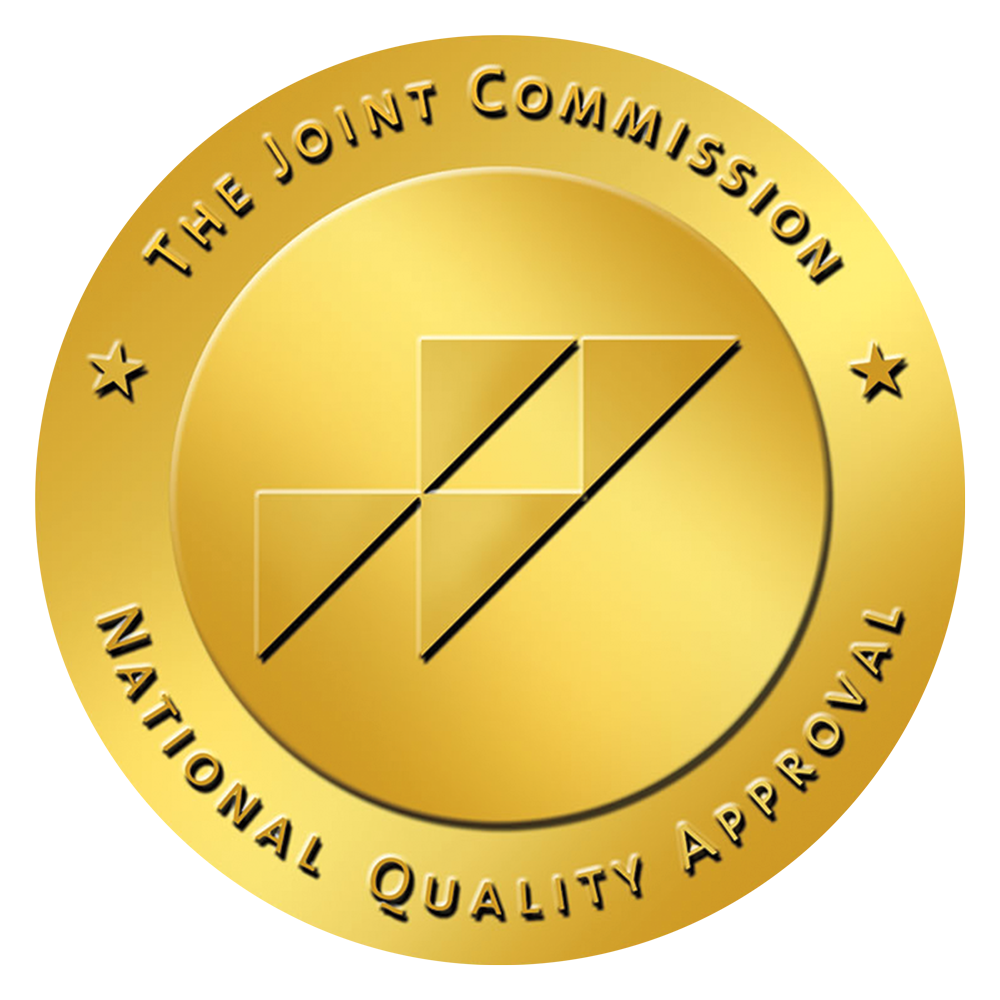Nurses Leading The Way in Combating HIV/AIDS
World AIDS Day has been marked ever since 1988 after the first case of HIV/AIDS was reported in 1981. The day is honored to spotlight the strides made in diagnosis, treatment, and prevention of the disease over the years, to support those living with HIV/AIDS, and to honor those whose lives have been affected and lost through the disease.
This year’s theme acknowledges the role of communities in leading the way to shape the HIV response. This they do, through leadership and advocacy. Nurses and other healthcare workers form part of the communities that continue to play a crucial and indispensable role in the response to HIV and AIDS.
Nurses are particularly pivotal to efforts to end HIV hence significantly contributing to meeting the 95- 95-95 target by UNAIDS. This is the Joint United Nations Programme on HIV and AIDS whose aim is to diagnose 95% of all HIV-positive individuals, provide antiretroviral therapy for 95% of those diagnosed and achieve viral suppression for 95% of those treated by 2030. They continue to champion the fight against HIV/AIDS beyond just bedside care.
Nurses are at the forefront of HIV service delivery by ensuring access to products and information on HIV prevention, treatment, and testing. They meet patients’ individual needs by supporting and providing care for them. Nurses are essentially the primary point of contact for HIV clients.
Nurses have expanded their scope as care providers in the fight against HIV/AIDS to managing and providing antiretroviral therapy. This has enabled collaboration with physicians and complemented the work of physicians in remote places where there may not be any physicians. They prepare patients for antiretroviral therapy, are in charge of clinical monitoring, and manage side effects.
Before antiretroviral therapy, nurses mobilized to form groups that provided information and education to other nurses on HIV/AIDS care. Over the years, nurses have still gone on to form organizations that help provide education, professional development, networking, research and leadership support to nursing and allied health professionals working with people living with HIV. They also promote awareness of issues related to HIV through public policy and advocacy. Some of these organizations include the Association of Nurses in AIDS Care, the Canadian Association in HIV/AIDS Care, and the National HIV Nurses Association.
Through many other different ways, nurses continue to play a vital role in combating HIV/AIDS. This has ensured people diagnosed live longer, stigma surrounding the disease has also been reduced through advocacy. Their involvement has also helped meet the increased demand for HIV primary care as they have since established themselves as experienced HIV providers which has helped bust some of the myths of HIV transmission. This year’s World AIDS day theme, ‘Let Communities Lead’ could not have been worded better as it is evident that nurses continue to lead the fight against HIV/AIDS. We see them and we
truly appreciate them.






